Arthritis can have a big impact on your life. It will bring pain and stiffness to the joints, which is likely going to get worse as you age. How does this affect your ability to play volleyball?
You can keep playing volleyball after being diagnosed with arthritis. However, you will need to make a few important changes to your routine. You’ll need to make sure that you are stretching the joints prior. You might also need to use more low-impact exercise to aid your strength and flexibility.
Just because you have arthritis doesn’t mean that you need to let it dampen your love for the sport. Keep reading to learn how you can keep playing volleyball even though you have arthritis.
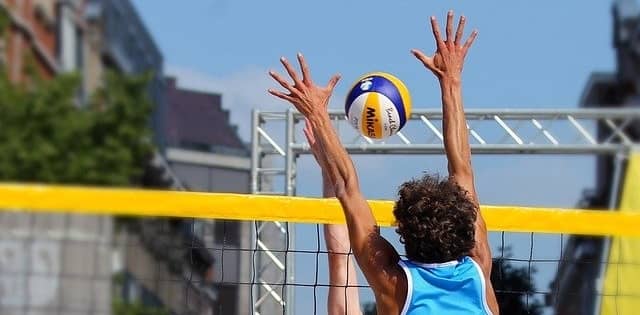
How Does Arthritis Affect Your Ability to Play Volleyball?
Let’s start by looking at some of the difficulties that arthritis can cause when you are playing volleyball. Some of the problems that you might encounter include:
- Stiffness and pain in the joints. The most common symptom is having trouble with the joints. Often, these problems will start fairly subtly.
- Decreased range of movement. Volleyball is a very active game, which doesn’t give you a lot of time to get into position. Arthritis might make it harder for you to make rapid movements.
- Less flexibility in the joint. Thirdly, arthritis might start to limit the way you move your joints as it becomes too stiff or painful to take certain positions.
Unfortunately, these issues will likely get worse as time goes on. The good news is that there are some ways to slow the progression of the symptoms. One of these is by playing sport. Let’s look at some of the ways you can adapt your volleyball routine to adjust to your arthritis.
Seek Treatment Early
If you have arthritis the best thing to do is seek treatment as soon as the symptoms start to emerge. This will allow your doctor to start recommending ways to help manage the pain. If you wait too long, things are only going to get worse. By doing this, you’ll be able to stop your joints from freezing up.
Using Arthritis Creams
There are many creams available to help you reduce the pain associated with arthritis. These will be rubbed over the area that you are experiencing pain in. From there, the chemicals will absorb into the skin. They will help to block the pain, so you can move the joint more freely. This article goes into more depth about the type of ingredients that are used and how these treatments work.
Exercises to Aid Arthritis
If you are planning on taking on intensive sports, like volleyball, you will need to prepare your body first. To do this, you’ll need to do some activities that have a low impact on your joints. There are plenty of options to choose from. Some of these activities include:
- Swimming
- Walking with Nordic poles
- Tai Chi
- Dance
- Water aerobics
These exercises will serve a few important purposes. First, they will be able to help you stay physically fit. They’ll also be able to help you maintain flexibility in the joint. Furthermore, these exercises will allow you to build strength. This will add stability to the joints.
You should think about your hobbies to help you narrow down which activity you want to pursue. Aligning your exercises with your interests will make sticking to an exercise plan a lot easier.
You’ll also need to consult with your doctor when coming up with this plan. They will give you more advice about the type of activities that you should be doing. Your doctor will also advise you on how often you’ll need to do these exercises. Often, though, you’ll need to do them for at least a few hours a week. They’ll be able to help you plan this schedule around your life.
Before a game of volleyball, it’s a good idea to do some of these activities, like tai chi. This will allow you to stretch out the joints. This should help you improve your mobility on the court. You might also want to talk to your doctor about exercises specifically designed for volleyball players. For example, you might want to focus on the wing joint.
If you took a break from volleyball, you’ll need to work your way up to playing a game. Remember, volleyball can exert a lot of pressure on the body. You’ll need to make sure that your joints are prepared.

Communicate With Your Coach
You will need to make sure that you let your coach know that you are suffering from arthritis. There are a few ways that they might be able to change your pre and post-game routine. These include:
- Warm-up. This will help you prepare your joints for the game ahead. It should help you improve your range of motion and improve your flexibility.
- Focus on technique. It’s important to make sure that you are using the right technique. This will limit the amount of unnecessary pressure that is being placed on your joints.
- Cool down. After you’ve finished training, you’ll need to take some time to ease the pressure on your joints. This will stop them from getting inflamed.
Other Tips for Playing Volleyball With Arthritis
There are a few other tips that you can use to manage arthritis pain when playing sport. These include:
- Drink plenty of fluids
- Take more opportunities to exercise
- Listen to your body. If your joints are more painful than usual after a session, it’s a sign that you’ve worked yourself too hard. Take it easy during the next session.
- Take the time to recover. If you have been hurt, you need to take the time to recover properly. If your joints are inflamed, you’ll need to take the time to regain mobility in the joints.
- Keep in contact with your doctor. You’ll need to regularly talk with your doctor about your arthritis and how it is progressing. They will be able to give you personalized advice on how you can manage it better.
Does Volleyball Increase Your Risk of Developing Arthritis?
Some sports have been shown to increase the risk of developing arthritis at a young age. Volleyball is an intense sport, which places a lot of strain on your joints. But this isn’t what determines your risk of getting arthritis. It’s primarily determined by the number of injuries that you are receiving and how you deal with them.
Some injuries increase your odds of developing arthritis. These are:
- Joint dislocations
- Fractures
- Other injuries to the cartilage
Getting a few broken bones isn’t a big problem. But if you are getting the same type of injury repeatedly, it will start to damage the cartilage in the bone.
Furthermore, sometimes you will be so desperate to get back on the court that you aren’t giving the injury adequate time to heal. As a result, the damage will continue for a long time. Though it might be disappointing to sit on the bench for a few weeks, it’s better than living with lifelong stiffness and pain.
But it isn’t all bad news. Exercise, especially vigorous activity, is good for the bones. Researchers found that those who engaged in an intense exercise developed thicker cartilage. Runners had half the risk of developed osteoporosis compared to those who walked.
Click Here for Why Volleyball Players Should Do Yoga
Final Thoughts
Volleyball isn’t easy on the joints and will benefit players that have a wide range of motion. However, if you have arthritis, you might not have to give up the game that you love. But you will need to modify your routine. You’ll need to focus on warming up and cooling down. You’ll also have to make sure that you are using the right form. So, if you have arthritis discuss whether you can play volleyball with your doctor.

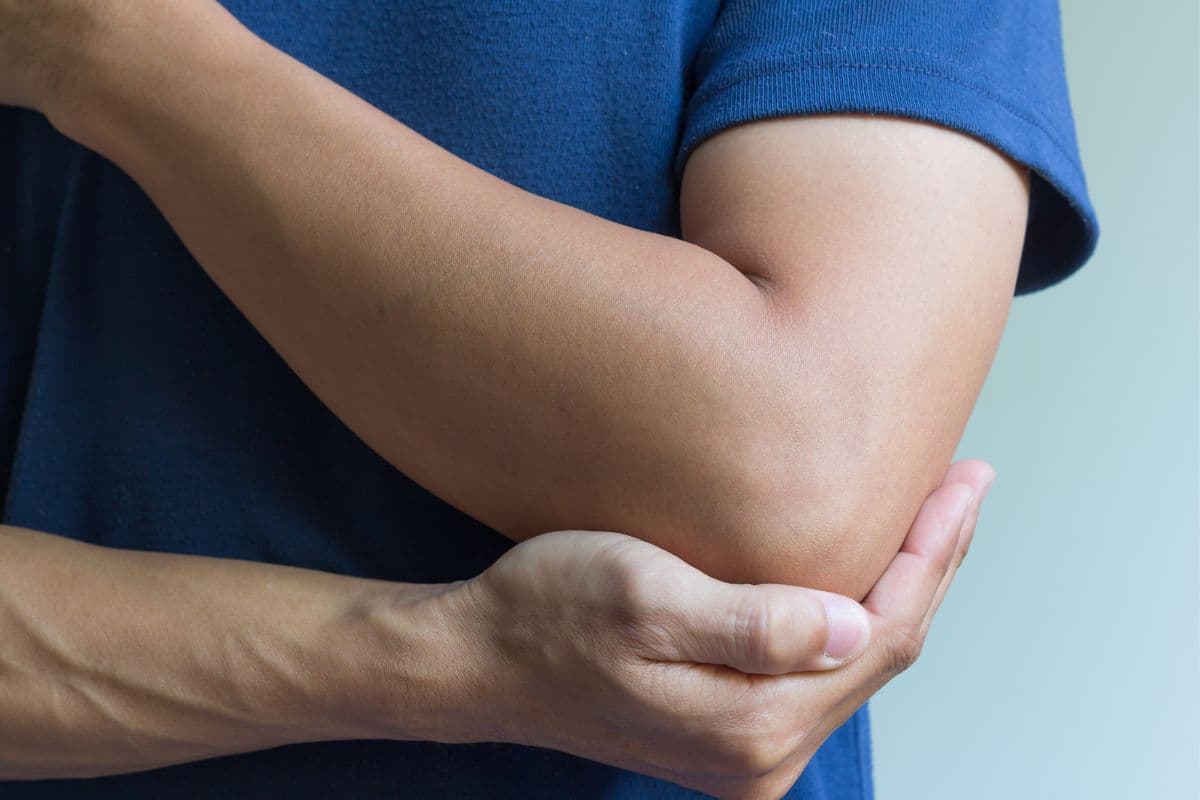
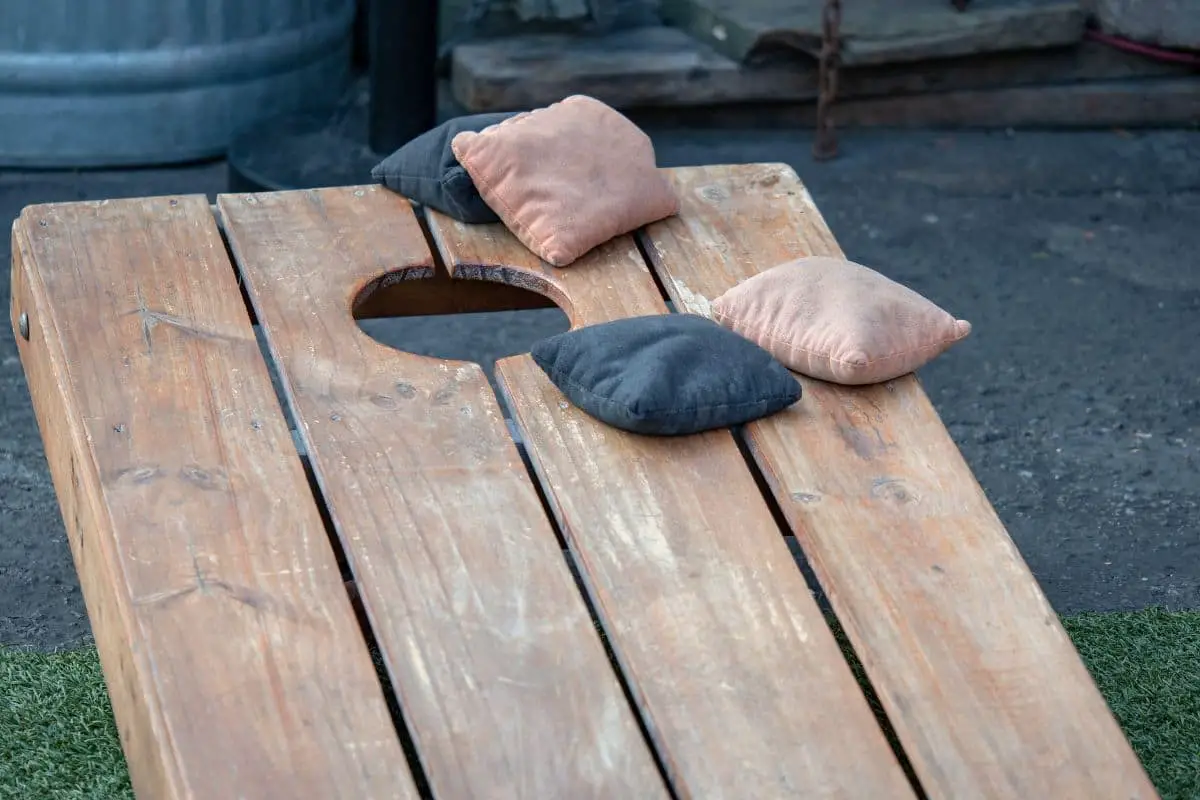
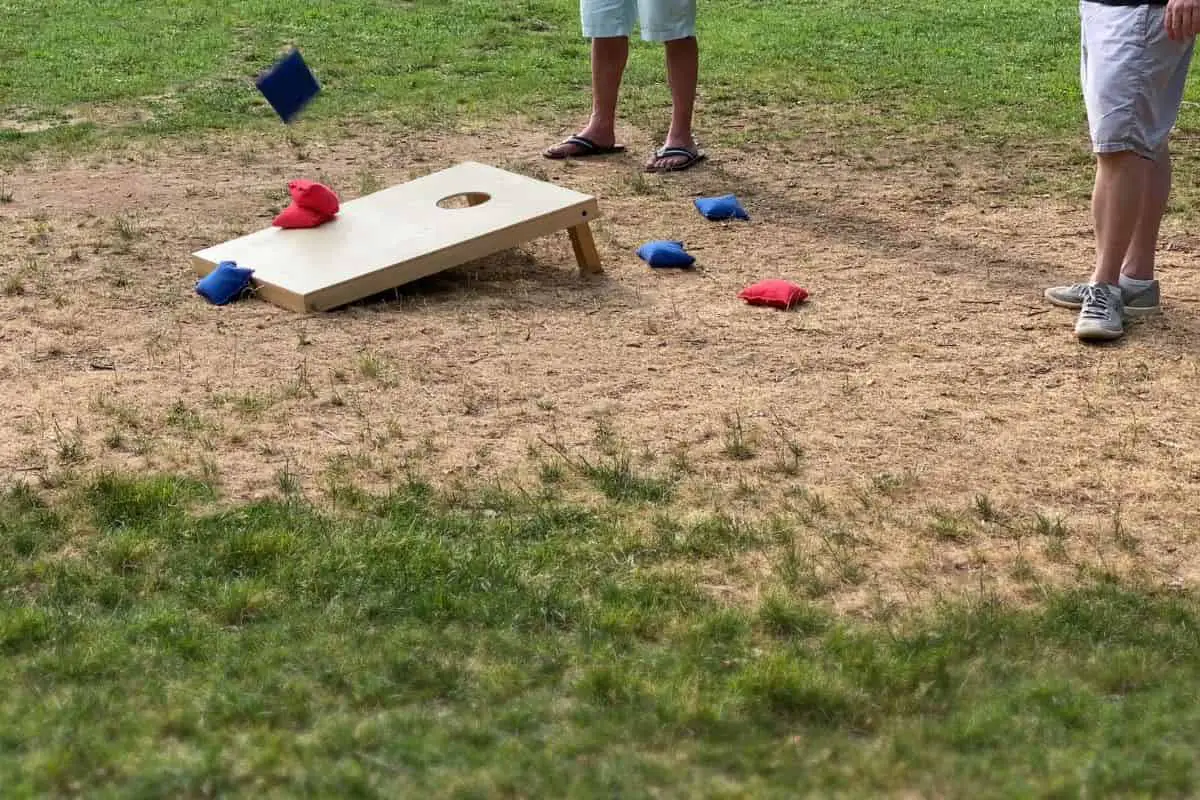
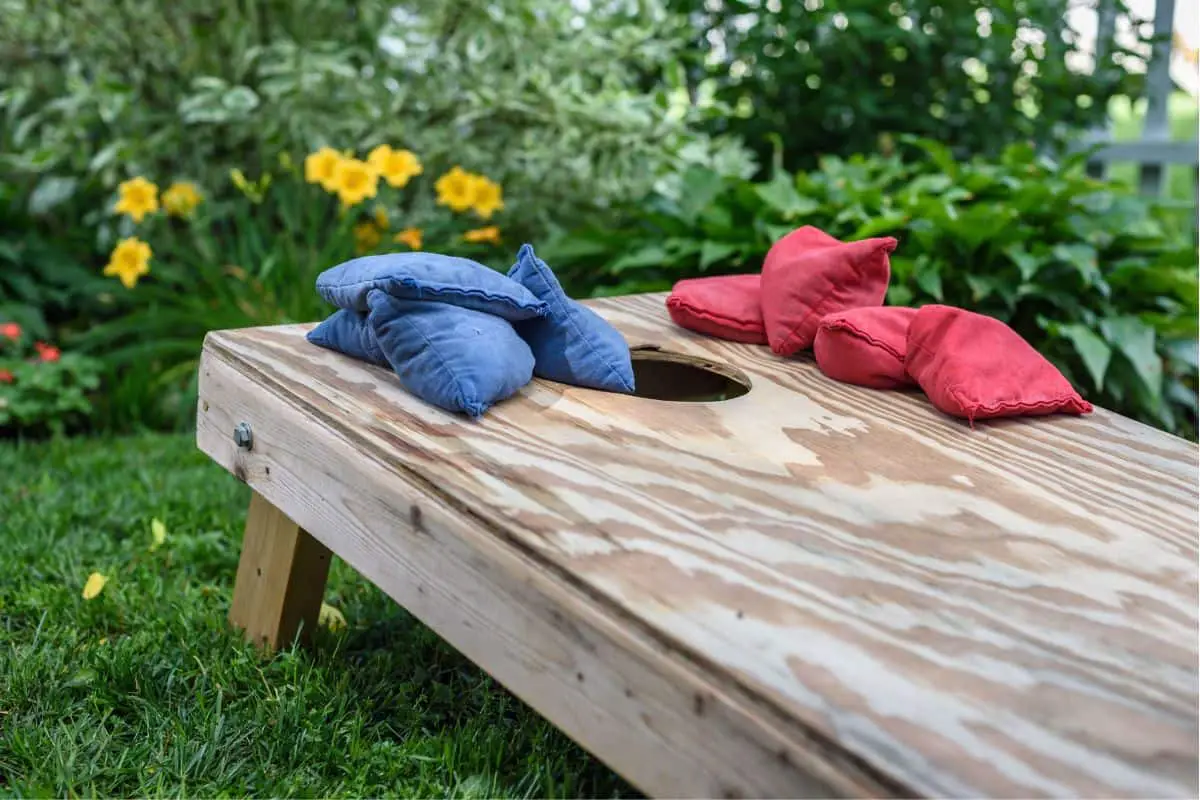
Leave a Reply
You must be logged in to post a comment.